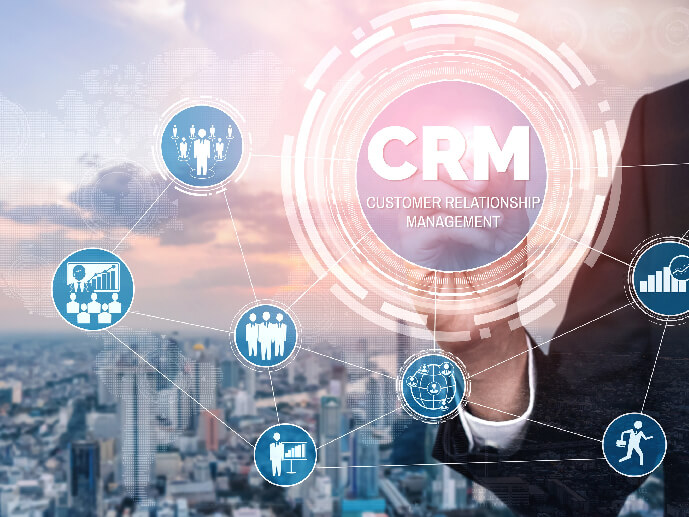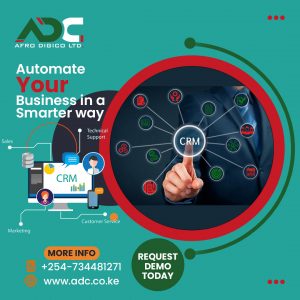
Sales and marketing departments do a very important job in every organization. To put it simply, they both work on acquiring new customers and selling the product to the end-user. The marketing team usually tries to find and engage the target market with their messages and then identify leads, while the sales team does the execution part and closes the sale of CRM software in Nairobi.
It’s easy to see why these two teams should work in harmony. They’re basically working on the same objective, but cover different parts of the process. However, their jobs are largely interconnected and the intelligence they can provide for each other is very valuable for both parties.
This especially goes for organizations that use CRM software in Nairobi. As CRM software is very powerful at collecting and processing crucial customer data, it can provide both teams with a number of benefits. Especially if they work together. And there are stats that support this – research shows that organizations with tightly aligned marketing and sales enjoy 36% higher retention rates and 38% higher sales win rates.
Let’s see in more detail why this alignment is so important and how to achieve it with the help of CRM software In Nairobi.
The Most Popular Technologies Used By Companies With High Sales And Marketing Alignment
Establishing a service-level agreement
Before they start working on a project, the marketing and sales teams should agree on some main points concerning key procedures, targets, and delegation of tasks and duties. So creating an internal service-level agreement (SLA) is always a good idea.

Both sides should know what to expect from each other and set priorities. For instance, the marketing department can guarantee a certain number of leads per month, while the sales team can guarantee a certain number of sales or a specific sales win rate. SLA also represents a first step into creating a comprehensive sales-marketing strategy that should be one of the pillars of any business.
Collecting and sharing important data
As it was mentioned, probably the biggest benefit of using a CRM system is getting a ton of useful and relevant customer info. These data are absolutely essential for both marketing and sales, and CRM enables the teams to access them from a single dashboard.
Once they have the data, they can help each other further interpret it and use it to their advantage. Sharing knowledge and feedback between departments is crucial in order to maximize the potential of sales and marketing. Let’s see how this works.

Lead qualification
In general, the marketing team should supply the sales team with new leads, based on how users interact with content and messages. These leads are especially valuable in B2B organizations where the number of leads and clients is usually quite limited.
CRM software helps a lot in this process. Firstly, it collects the customer behavior data from your website and across different social networks. Then the marketing team should decide which leads are good enough to be forwarded to sales, and this is rarely done manually, also thanks to CRM Software in Nairobi . CRM software can automatically quantify the quality of the lead, prioritize it and then notify the sales department about it.
CRM analyzes all types of online behavior of all your visitors, from browser history to the type of content they choose to consume and the time they spend on particular pages. According to pre-set parameters, CRM then calculates how probable it is that a specific visitor converts, and notifies the sales rep if this probability has exceeded a certain threshold.
This dramatically speeds up the whole process and makes it much more data-driven. You don’t rely on any manual work and you don’t have to worry about any human errors.
Contact For More Info: Afro Digico Limited
